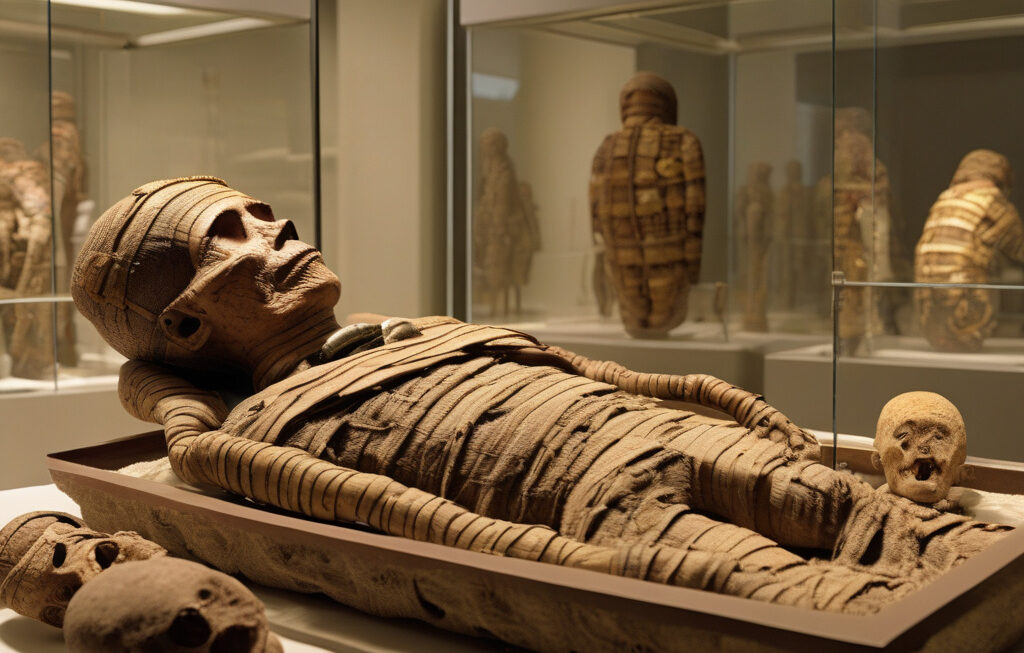Ancient Marvel Unearthed: 1,700-Year-Old Roman Wooden Water Pipe Found in Belgium
Archaeologists discovered a rare and exceptional piece of Roman history at a future student residence: a remarkably preserved wooden water pipe dating back 1,700 years. This extraordinary find sheds light on the advanced engineering skills of the ancient Romans and provides valuable insights into their sophisticated water distribution systems.
The discovery took place in the city of Tongeren, Belgium, known for its rich archaeological heritage dating back to Roman times. The wooden water pipe, believed to be one of the oldest of its kind ever found in the region, was unearthed during excavations at the site of a planned student housing complex. The pipe, made from hollowed-out tree trunks, stretches over 30 meters in length and showcases intricate craftsmanship.
What makes this discovery truly remarkable is the exceptional level of preservation of the wooden pipe. The anaerobic soil conditions at the site prevented the wood from decaying over the centuries, offering archaeologists a rare opportunity to study this ancient Roman engineering marvel in great detail. By analyzing the construction techniques and materials used, researchers can gain valuable insights into how the Romans transported and distributed water in their settlements.
The Romans were renowned for their advanced water management systems, which played a crucial role in the development and success of their civilization. Aqueducts, pipelines, and reservoirs were used to supply water to cities, public baths, fountains, and private homes, showcasing the Romans’ ingenuity and engineering prowess. The discovery of the wooden water pipe in Tongeren adds another piece to the puzzle of how the Romans ensured a stable water supply to their urban centers.
Studying ancient water systems not only provides insights into technological achievements but also offers lessons for modern-day sustainability and infrastructure planning. The Romans were masters of utilizing natural resources and adapting them to serve the needs of their society. By examining and understanding their methods, we can learn valuable lessons about efficient resource management and environmental conservation.
The find in Tongeren highlights the importance of preserving and studying our archaeological heritage. Each discovery offers a glimpse into the past and helps us piece together the puzzle of human history. By uncovering and documenting ancient artifacts like the Roman wooden water pipe, we can enrich our understanding of past civilizations and appreciate the ingenuity of our ancestors.
As archaeologists continue to explore the site in Tongeren and analyze the wooden water pipe in more detail, new revelations about Roman engineering practices are likely to emerge. Each new discovery brings us closer to unraveling the mysteries of the past and connecting with the people who came before us.
The 1,700-year-old Roman wooden water pipe found in Belgium stands as a testament to the enduring legacy of Roman engineering and innovation. Its discovery is a reminder of the remarkable achievements of our ancestors and the importance of preserving our shared heritage for future generations to appreciate and learn from.
ancient history, Roman engineering, archaeological discovery, water management, sustainability












